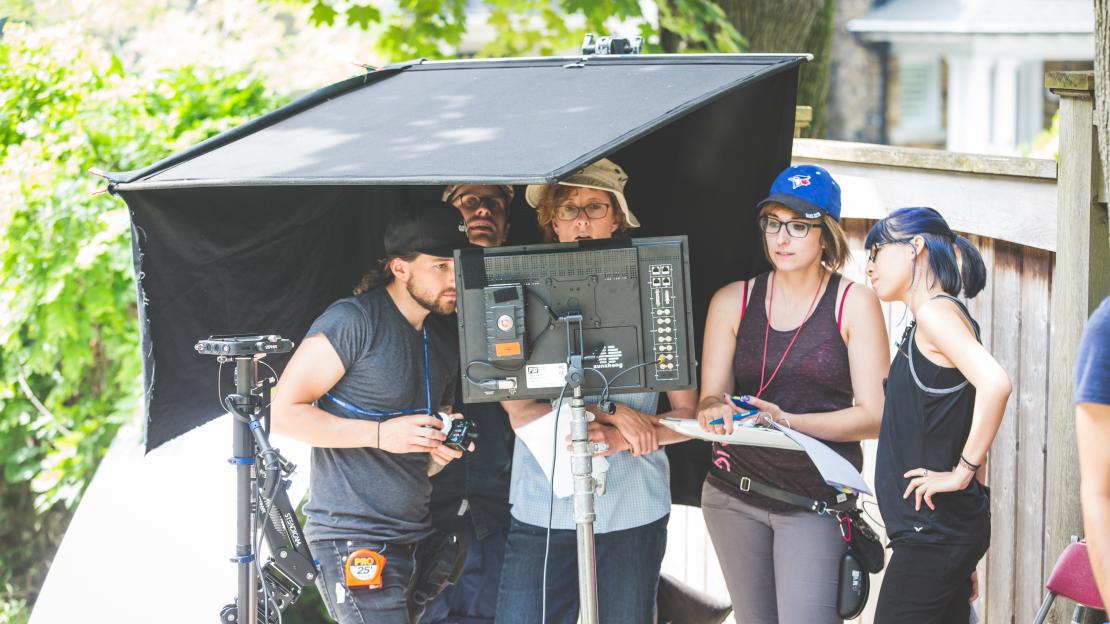When we think of getting older, one of our biggest fears is dementia and Alzheimer’s disease.
Marlene Goldman, a professor of English and expert in contemporary Canadian literature and the gothic, writes and researches how we tell stories of aging and dementia. “Nowadays, the spectre of aging and, dementia, in particular, have acquired a gothic dimension,” she says.
Yet we don’t often hear from people with dementia. “Most of the gothic stories of dementia are told by middle-aged caregivers or children, who are frightened of getting older,” Goldman says. “This fear colours how we think of dementia. In the the U.K., for example, sociologists describe ‘deep dementia’ as ‘a black hole.’”
She worked with neurologists and clinicians to understand the current gothic perspective and, equally critical, alternative perspectives and finished her book, Forgotten: Narratives of Dementia and Alzheimer’s Disease in Canada. But when she was done, something didn’t feel right.
“Usually, I’m very pleased when I finish a book. But when I was finished Forgotten, I felt sad,” says Goldman. I realized that people with dementia who had been so helpful would have a hard time reading a scholarly work.”
“Usually, I’m very pleased when I finish a book. But when I was finished Forgotten, I felt sad,” says Goldman. I realized that people with dementia who had been so helpful would have a hard time reading a scholarly work.”
That’s when she added “filmmaker” to her resume.
She decided she’d like to adapt Nobel-winner Alice Munro’s short story, “In Sight of the Lake” for the screen because it offers an alternative to the gothic approach to dementia. She approached the author’s family, who were enthusiastic, on one condition — it had to be a non-profit undertaking.
And that condition fit well with Goldman’s vision of the project as something that could help caregivers and clinicians working with people who have dementia. The short film she co-wrote, directed, and produced, entitled, “Piano Lessons,” has been submitted to festivals, but more important, it will be screened for families, health care workers and researchers.
“The purpose is to use it as a pedagogical tool so that anyone can get it,” says Goldman.
Working in film was a contrast to the solitary scholarly writing experience. “It was amazing to move from an individual process to co-writer, co-director and producer.”
She worked with experienced writer and director Philip McKee, whom she credits with making her work better. “I have a lot of confidence in doing things badly,” Goldman says. “Fifteen drafts later, we had a gorgeous screenplay.”
The story is told from the perspective of the person with dementia, which was one of the key reasons she chose to adapt it.
“How we understand and respond to cognitive decline is based on our culture,” says Goldman. “In our culture, people with dementia often become invisible. They are hidden within institutions and they are often treated like objects rather than subjects. But everyone is worthy of dignity and respect. People with dementia don’t always share our sense of ‘reality,’ but when we take the trouble to forge connection, everyone benefits because we gain access to a fascinating, alternative and imaginative view of the world.”
